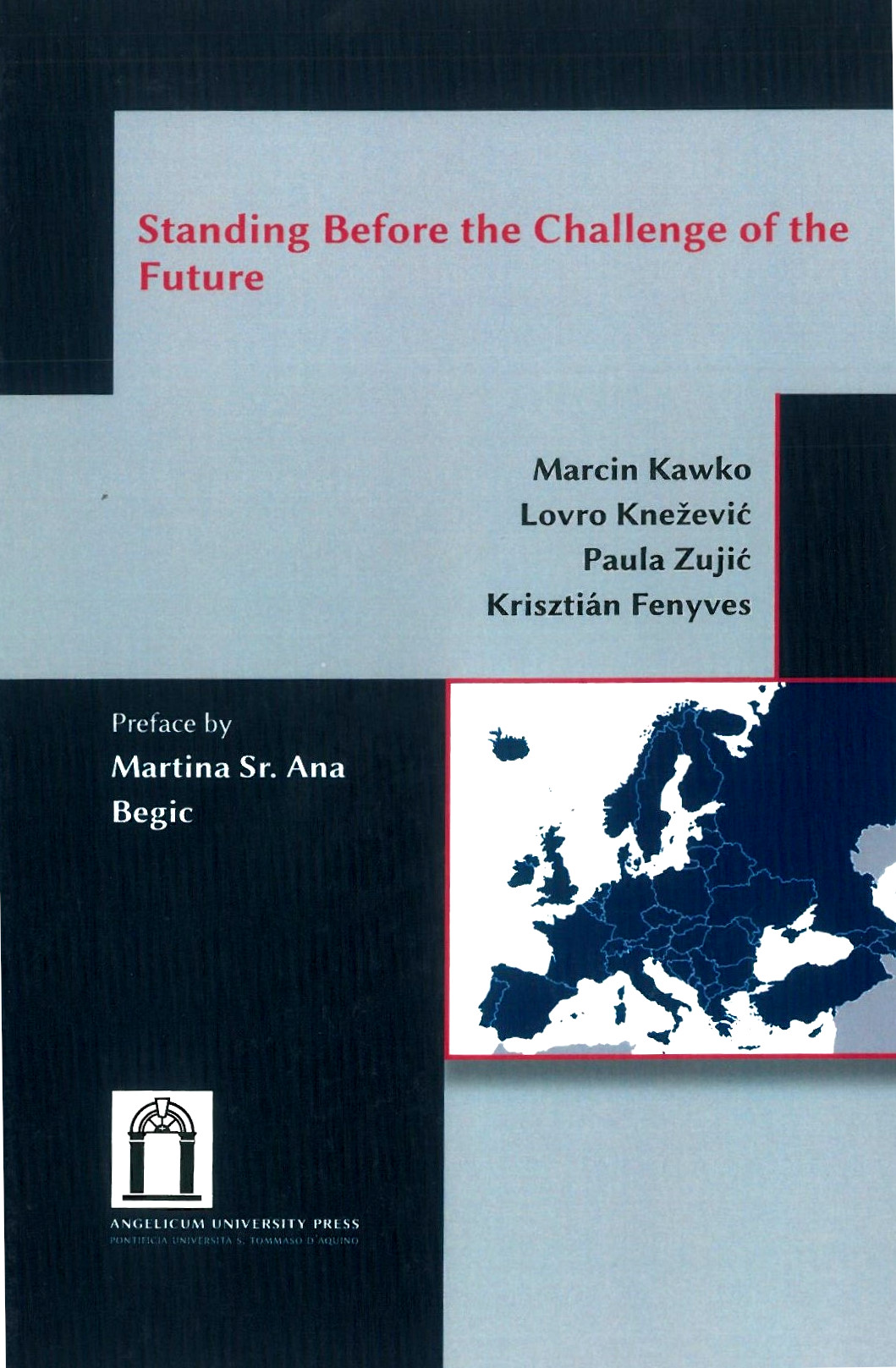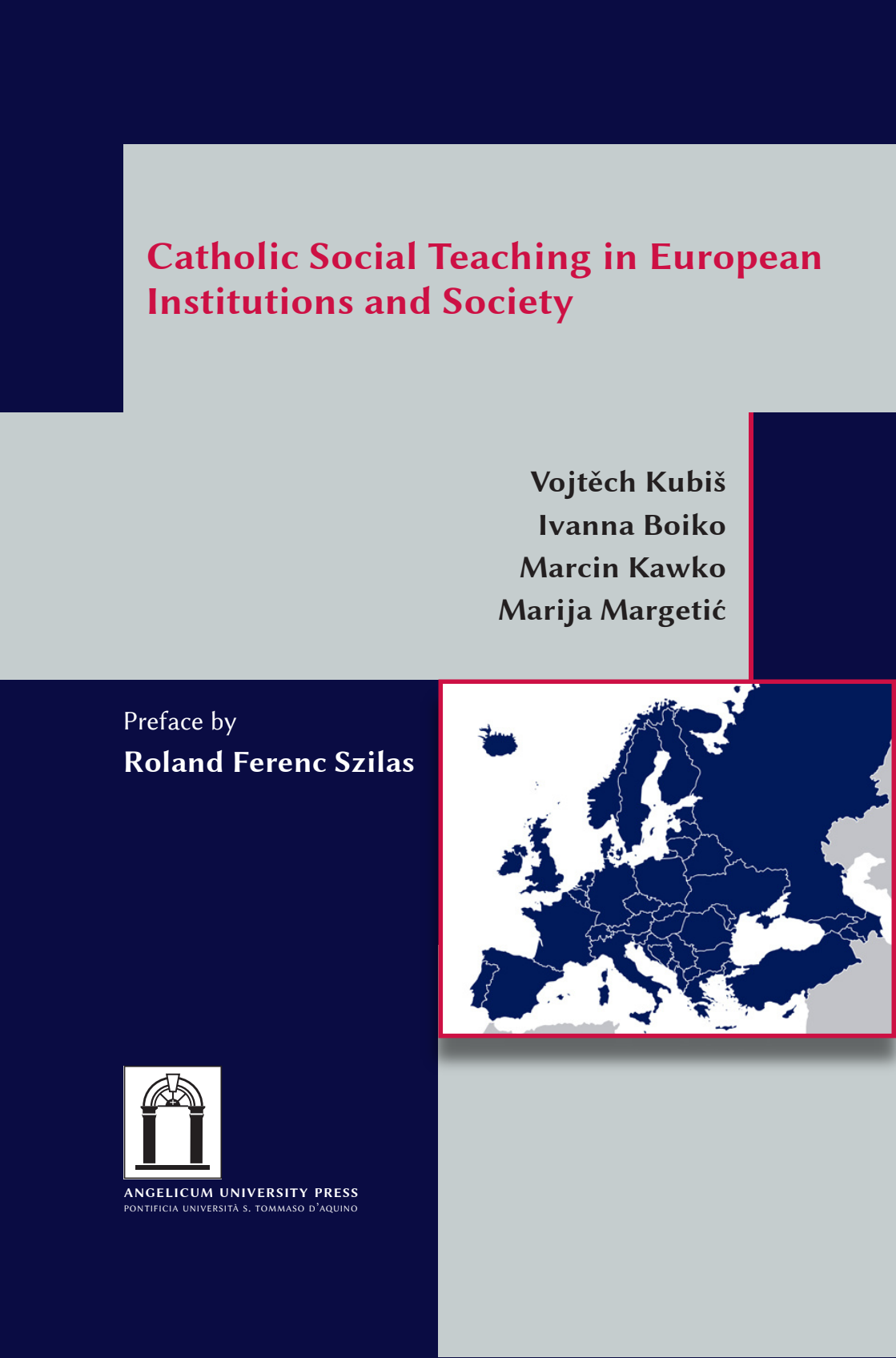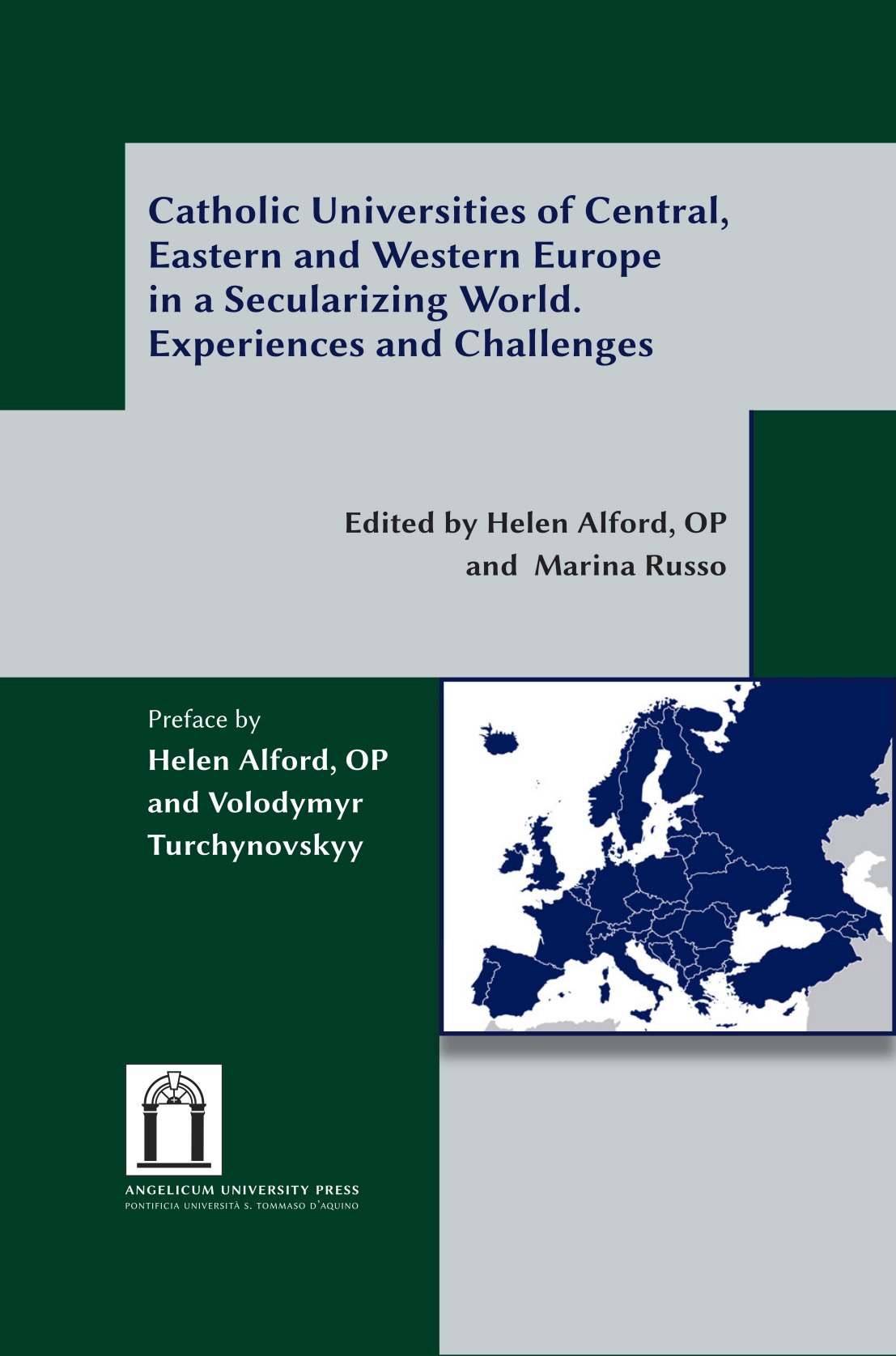 On 23 December 2009, in Nijmegen, Holland, Edward Schillebeeckx OP passed away at the age of 95. His death marked the departure of one of the last great 20th century theologians, whose work paradigmatically reflects the development before and after the Second Vatican Council. His theological output shows the transition from a theology guided by Thomas Aquinas to a hermeneutical interpretation of the experiences of people living today, with particular emphasis on the issue of faith-praxis and the political and social movements of the world. This raises the question of whether Edward Schillebeeckx's theology is still pertinent for us today or if it was so deeply anchored in the context of the 20th century that it is simply irrelevant in the face of the questions of the 21st.1 Human experience and the fundamental temporality and historicity of people certainly play an important role, especially in the perspective of the essential contextuality of his theology, never passing on to a -so to speak- supertemporal horizon. In this sense, Schillebeeckx is truly a contemporary theologian, for as theologian he has one particular aim: to be in solidarity with the people living in our time and to engage with them in a dialog about the meaning of the Christian faith today in the context of human experience.
On 23 December 2009, in Nijmegen, Holland, Edward Schillebeeckx OP passed away at the age of 95. His death marked the departure of one of the last great 20th century theologians, whose work paradigmatically reflects the development before and after the Second Vatican Council. His theological output shows the transition from a theology guided by Thomas Aquinas to a hermeneutical interpretation of the experiences of people living today, with particular emphasis on the issue of faith-praxis and the political and social movements of the world. This raises the question of whether Edward Schillebeeckx's theology is still pertinent for us today or if it was so deeply anchored in the context of the 20th century that it is simply irrelevant in the face of the questions of the 21st.1 Human experience and the fundamental temporality and historicity of people certainly play an important role, especially in the perspective of the essential contextuality of his theology, never passing on to a -so to speak- supertemporal horizon. In this sense, Schillebeeckx is truly a contemporary theologian, for as theologian he has one particular aim: to be in solidarity with the people living in our time and to engage with them in a dialog about the meaning of the Christian faith today in the context of human experience.
Although Edward Schillebeeckx directed his work in theology to the present so forcefully, he never lost sight of the great theological traditions. Or, as he himself put it: "I am not writing for eternity, but for the people of today, in a given historical situation. I try to answer their questions. Consequently, my theology bears the mark of a moment in time; it is in a particular context, but it would also like to accomplish something beyond this situation. There is a universal intention in my work, because I ask the question regarding the reason and goal of all people, of all humanity. Otherwise it would not be good theology. The topicality of theology is not that of fast fleeting events. Rather, every epoch has its theologies."2
1. Theology as Contemporaneity
When Edward Schillebeeckx, who was born in 1914 in the Flemish part of Belgium, entered the novitiate of the Belgian Dominicans in Ghent in 1934, his decision was guided by the Dominican Order's ideal of action and contemplation. When asked about what in Dominic and the Dominican Order fascinated him so much, Schillebeeckx later replied in an interview: "The intellectual life in combination with what is universal and harmonious. I was attracted by the balance of religious life, on the one hand, and human experience and presence in the world, on the other."3 This decision for the Order is already marked by the importance of human experience in the world for theology, which will later be crucial for Schillebeeckx's thinking. Theology without this reference to human experience today can actually be nothing more than useless playing with abstract concepts. This is exactly what Schillebeeckx discovers in the course of his theological studies in Leuven, characterized by him as a pointless and useless exercise.4 This view starkly contrasts with the philosophy he had studied previously under his Dominican mentor Dominic De Petter in Ghent, where he also came to know contemporary philosophical thought and especially the phenomenology of Edmund Husserl. Later, Schillebeeckx considered too reticent the open-mindedness to contemporary thought that De Petter had transmitted to him. His interest in theology was only roused again in 1945/46, during a year of study in Paris. Here he met M. Dominique Chenu OP, who inspired his theological work. Speaking about his relationship with Chenu, Schillebeeckx went as far as saying: "He is perhaps the man who most deeply marked my theological thought and life, not so much through his words, but by his inspiring personality (.)"5
Influenced by Chenu, his commitment to the worker-priests, his sensitivity for the "signs of time" and the project for a "presence of the Church in the world," Schillebeeckx begins his own project of a theology of culture, a theology engaged in the midst of the time of the current culture.6 This becomes clear not only in the inaugural speech he held 1957 in Nijmegen,7 as newly-appointed Professor of Dogmatics and of the History of Theology, but also in his commitment to the Council, which he attended as personal adviser to Cardinal Alfrink. A letter Schillebeeckx wrote in 1961, at the request of the Dutch Bishops and in preparation for the Council, explains why he was not officially named a theologian of the Council. This letter aroused displeasure in conservative circles within the Vatican and started feelings of suspicion and a series of processes against Schillebeeckx, which have not yet come to an end, but never led to a guilty verdict.8
During the 1960s Schillebeeckx deals intensively with the phenomenon of secularism and the "God-is-dead-theology", turning his thought to hermeneutics, the philosophy of language and critical theory. His aim in doing this is the continued updating of faith in an epoch that feels a progressively widening rift between the peoples' contemporary experience and the traditional formulations of faith. If the central affirmation of faith resides in the fact that salvation-from-God has appeared in Jesus Christ, then this salvation must have a tangible foundation in this world. Consequently, it becomes increasingly clear to Schillebeeckx that salvation from God is to be found precisely in the world's liberation movements that work to free people from suffering and oppression. Schillebeeckx's personal commitment to people has its origins in this conviction. Furthermore, it will lead him to side with a church in the Netherlands, particularly after the Council, that truly wanted to realize this commitment. Here, it is enough to mention his participation in the Pastoral Council of the Netherlands and his presence in the critical May 8th Movement.
Yet at this point, the contingency of his theology also becomes visible, since it is preoccupied with indicating subjects for the faith-praxis in the world, such as the base communities and critical movements in the Netherlands. In fact, these movements reflect the social situation of the seventies and eighties; but by the beginning of the 21st century, the social situation had changed significantly and we must ask -and certainly also in the spirit of Schillebeeckx- where the question of God is to be situated today and which contemporary movements and groups are the subjects of liberating faith-praxis in today's culture. However, the issue perhaps also concerns the core of faith, the foundation and identity of Christianity -the question that must be asked today in a socially and religiously pluralistic society. Schillebeeckx expressed this clearly, with regard to the discussions within the Church after the Council, when, in 1989, he wrote in his preface to Menschen: "I came to the realization that it was better to search for the core of the Gospel and the Christian religion, for its essence and uniqueness, instead occupying myself directly, in a period of religious oppositions within the Church, with basically minor problems of the contents of the Christian faith and the question of the role the Christians in this world:"9
This search for the core of faith leads Schillebeeckx into intense debate with the question of Christology and the relation of our experiences with the faith affirmations about Christ, whose fundamental importance is being the salvation from God among human beings.10 If this salvation from God in Christ is the essential message of faith, for Schillebeeckx, the question arises of how a man comes to know this truth of faith and can witness to it through faith-praxis.
2. The Hermeneutics of Faith Experience
The theology Schillebeeckx studied in Leuven was still influenced by neo-Thomism, whose reasoning, based on the works of St. Thomas Aquinas, formed a system of supertemporal concepts. There was essentially no contextualization of theology or any reference to the experience of the present. The dismissal of such an a-historic theology is certainly one of the merits of M. Dominique Chenu.11 Schillebeeckx himself gained his insight into the temporal situation of theology from Chenu, and it became a paradigm for his own theological thinking. Temporality is the basic "condition humaine" of man, an anthropological constant, from which no one can escape. "Historicity, and hence man's finitude, from which he does not know how to escape, so that he might put himself in an explicitly supertemporal position, leads to the experience of humanity as a hermeneutical project, i.e. as a task of understanding one's own situation and critically unmasking the absurdity of what people accomplish through history."12
The understanding and interpretation of the original way in which people experience in the world, and any attempt to occupy a supertemporal position, represents, for Schillebeeckx, a threat to humanity, since this means overlooking the fundamental temporality and historicity of the people. Being human consequently determines a hermeneutic of reality, which presents itself to people as an area of experience. The question of truth in theology gains precision from the basic temporality of man and his understanding. Beliefs, even in the dogmatic formulations of faith, are never solidly established once and for all, as if one could possess the truth. Faith must be constantly updated, so that it remains alive for living people. Thus, doing contemporary theology implies for Schillebeeckx constructing a correlation between the message of faith, the "salvation-from-God-in-Christ," and the human experience of the present. As early as 1957, Schillebeeckx writes: "The theology that allows itself to take God himself as its object is, in our days, warned to be modest. God's absence is presented everywhere as an almost existential experience. This forces us to describe more precisely the level on which theology as knowledge of faith comes into contact with God's reality."13 Schillebeeckx finds this level in the experience of contingency that directs people toward God, the Creator and Sustainer of finite life. "The impossibility to justify our existence by itself, the fundamental experience of our contingency in the world, places us before the invisible, but real, mystery of a personal donor, whose heart is bigger than his gifts that surround us and that we ourselves are."14 The experience of contingency in the world is where a person becomes aware that his own existence raises explicitly or only implicitly the question of God. Man himself, with the problematic character of his earthly existence, becomes the praeambula fidei, like a call, in itself impotent, for religiosity. According to Schillebeeckx, only at this level, as a common basis of the existential experience, is it possible to enter into a sincere dialog with atheism.15 Schillebeeckx maintains this conviction even after the hermeneutic focus of his theology. Faith in creation, as the religious background of the experience of contingency, remains the foundation of his theology and the basis of his theological anthropology. He writes in Menschen: "a reasonable faith basis is possible (.) only under three inter-related conditions. It must be a verifiable human experience (.) that 1) all people inevitably share and 2) also an experience that a) not does not urgently require a religious interpretation, although b) all people live it as a fundamental experience that deeply affects human life; and 3) the Word of God is useful for the understanding of this fundamental experience that profoundly characterizes human existence."16 This experience is still that of contingency, but it can be interpreted by different language-games. An atheistic interpretation, like the one Sartre presented with all its consequences, is just as valid as a religious interpretation in the language of faith, in which man learns that he as creature is oriented toward God the Creator. However, it is important that both interpretations deal with a contingent reality, which for Schillebeeckx, precisely in its finiteness, is a reference to God as absolutely free Creator.
Schillebeeckx then finds the anthropological basis of his Revelation-theology in peoples' "disclosure-experiences", those experiences that disrupt our view of the world, our habits, and in which a reality appears that we did not plan, make or project. The everyday experiences of people are cracked, the former reference-frame of our interpretations disintegrated and, through a process of redirection, a reintegration, an authentic renewal, becomes possible. In this way, everyday experiences become revelation experiences, the material for religious interpretations of peoples' history of experience as history of revelation. "Only human thought as a historic process can become the material of something 'supernatural' or, in the religious sense, of the revelation."17
The religious interpretation therefore presupposes a corresponding experience in the world, but it is not identical to this experience. Human experiences only become religious revelation experiences in the specific interpretative framework of a religious Tradition, in which this experience is explicitly referred to God. Religious interpretation is thus a "second discourse" that ties the experience of salvation and liberation to God.18 An experience, and precisely as revelation experience, consequently receives its authority only through reflection. Therefore, reason is not in fact at the beginning of an experiential process; on the contrary, a competent experience implies necessarily critical reasoning and common sense. "Our thought is empty unless it constantly refers to lived experience, which in turn remains irrational without reflexive reasoning. Experiential authority is ultimately a competence drawn from experience and for new experiences."19
3. God - the Future of Man
In the 1960s, when Schillebeeckx was involved in intense debate with the phenomenon of secularism, he primarily noted the discrepancy between a Christian faith guided by the past and modern man's expectations for the future. For the modern secularist the future becomes feasible, not least because of technical progress, while God ultimately has been made superfluous. In the face of this change in the image of God, which corresponds to a far-reaching inutility of God, Schillebeeckx tried to introduce a new image that takes into account the aspect of the future. God is the future of the people. "If the divine transcends from within and embraces the past, present and future of human beings, then, as soon as man recognizes the primacy of the future in our temporality, the believer will readily bring God's transcendence into this context (.). He will in general situate God in the context of the future of human beings and (.) finally, in the future of mankind."20
The place where man himself becomes aware of this future, oriented toward God, is human history itself, which becomes the history of salvation or destruction through man's temporal freedom. In the contrasting experience of the history of suffering, man experiences, in opposition to the suffering in the world, an ineffable perspective of a better future. However, the end of this history is open, and God, according to Schillebeeckx, does not know the outcome.21 The risk of history's failure, allowed by God when he created man with finite freedom, remains. Yet, by using their freedom to create a better future, people anticipate and already now accomplish the salvation from God yet to come.
4. Dominican Spirituality
In this sense, Schillebeeckx's approach always reflects a genuine Dominican understanding of theology, which always situates itself in the tension between action and contemplation, between theory and practice, without ever resolving this tension by choosing one particular orientation. Dominican spirituality and preaching should be founded in Christ's humanity, because Jesus in his humanity is both our way to God and God's contact to people.22 Jesus' humanity is seen as the personal manifestation of God's loving kindness and is thus the center of Dominican spirituality and mysticism.23
Dominican spirituality is dialectical, centered in the world, which nevertheless tries to witness for the God who infinitely surpasses the world; moreover, it is convinced that a genuine synthesis can be given to people only through the grace of God. "Listening to God, as he already revealed himself in the past, and being attentive to the "signs of the times" today, through which this same God, who is loyal to himself and to us, calls us, is essential for Dominican spirituality. The "(.) presence à Dieu" and the "presence au monde" (.) qualify the essence of Dominican spirituality throughout the entire history of the Order. And, perhaps, only today have we seen more clearly that the "presence au monde", or the critical solidarity with the human world, is the only possible mediation for our "presence à Dieu."24
Schillebeeckx is convinced that man, as creature of God, cannot be understood without his fundamental religious dimension. This dimension is the starting point, for Schillebeeckx, of all meaningful discourse about God. However, it is also the starting point in people for God's revelation, so that it may have relevance for human beings. In man himself, God manifests himself not only as the source of the universe, but also as the creator, or rather the one with a loving and saving attention to this creation as the living God of people. The project of this theology of culture is therefore also the attempt for a Christian humanism in the context of a culture where the humanum is always under threat and will never exist without God. "Gloria Dei, vivens homo": this quotation from Irenaeus of Lyons became the leading term of Schillebeeckx's theology of culture, since it bears the profound conviction that God is a God of people, who is to be recognized and honoured in virtue of his action for these people. This unconditional faith in the God who is the friend of man is, beyond all theological reflection and theory, the very foundation of the thought and life, in the following of Jesus, that Edward Schillebeeckx OP freely chose for himself. In this also resides, beyond his time-conditioned theology, the perennial topicality of his reasoning, which is conscious of its dependency on the mediation of the friendly God who committed himself unconditionally in Jesus Christ to the salvation of humankind. And so, at the end of his life, almost as result of his theology, Schillebeeckx was able to say:
action for these people. This unconditional faith in the God who is the friend of man is, beyond all theological reflection and theory, the very foundation of the thought and life, in the following of Jesus, that Edward Schillebeeckx OP freely chose for himself. In this also resides, beyond his time-conditioned theology, the perennial topicality of his reasoning, which is conscious of its dependency on the mediation of the friendly God who committed himself unconditionally in Jesus Christ to the salvation of humankind. And so, at the end of his life, almost as result of his theology, Schillebeeckx was able to say:
"I will continue to remain faithful to the Deus humanissimus, a God for the people, a very human God."
NOTES:
1 Franco G. Brambilla asked this question in an obituary published by the Osservatore romano. Cf. Franco Giulio Brambilla, "In morte di Edward Schillebeeckx. Una teologia tramontata con il 'secolo breve'", Osservatore Romano 28/29-12-2009.
2 Francesco Strazzari (ed.), Edward Schillebeeckx im Gespräch (Lucerne, 1994) p. 149 s.
3 Edward Schillebeeckx, Gott ist jeden Tag neu. Ein Gespräch (Mainz, 1984) p. 21.
4 Cf. Philip Kennedy, Edward Schillebeeckx. Die Geschichte von der Menschlichkeit Gottes (Mainz, 1994) p. 39.
5 Edward Schillebeeckx, Gott ist jeden Tag neu, p. 32.
6 Cf. Erik Borgman, "Van cultuurtheologie naar theologie als onderdeel van de cultuur. De toekomst van het theologisch project van Edward Schillebeeckx," TvT 34 (1994), 335-360, p. 335.
7 Edward Schillebeeckx, "Auf der Suche nach dem lebendigen Gott," in: id., Gott - Kirche - Welt (Ges. Schr. Bd. II) (Mainz, 1970) 13-29.
8 On the case against Schillebeeckx in the 1970s, cf. The Schillebeeckx Case, ed. with introduction and notes by Ted Schoof (New York, 1980).
9 Edward Schillebeeckx, Menschen. Die Geschichte von Gott (Freiburg i. Br. Et al., 1990) p. 7.
10 Cf. Edward Schillebeeckx, Jesus. Die Geschichte von einem Lebenden (Freiburg i. Br. Et al., 1975); id., Christus und die Christen. Die Geschichte einer neuen Lebenspraxis (Freiburg i. Br. Et al., 1977).
11 A short study by Chenu about the General Studium of the Dominican Order in Paris was particular influential; here, Chenu decidedly showed the contextuality and historicity of the Aquinas' theology and its importance in the context of the 13th century. Edward Schillebeeckx had read this study in the 1940s and appreciated its approach to a renewed, historically dynamic Thomism. Cf. Schillebeeckx, Gott ist jeden Tag neu, p. 32; M.-Dominique Chenu, Le Saulchoir. Eine Schule der Theologie, aus dem Französischen übersetzt von M. Lauble und mit einer Einführung von C. Bauer (Collection Chenu Bd. 2) (Berlin, 2003).
12 Schillebeeckx, Christus, p. 720.
13 Schillebeeckx, Gott-Kirche-Welt, p. 13.
14 Ibid., p. 16.
15 Cf. ibid., p. 16.
16 Schillebeeckx, Menschen, p. 118.
17 Ibid., p. 31.
18 Ibid., p. 114.
19 Edward Schillebeeckx, "Glaube und Erfahrung," in: CGG 25 (Freiburg, 1980) p. 90.
20 Edward Schillebeeckx, Gott - Die Zukunft des Menschen (Mainz, 1969) p. 152f.
21 Cf. Schillebeeckx, Menschen, p. 126.
22 Cf. Edward Schillebeeckx, Dominican Preaching, in: Dominicana 52 (1967), 102-109, p. 108.
23 Cf. Edward Schillebeeckx, "Dominikanische Spiritualität," in: Ulrich Engel (ed.), Dominikanische Spiritualität (Leipzig, 2000) 43-69, p. 58.
24 Schillebeeckx, Dominikanische Spiritualität, p. 56.
 IT
IT  EN
EN 
















